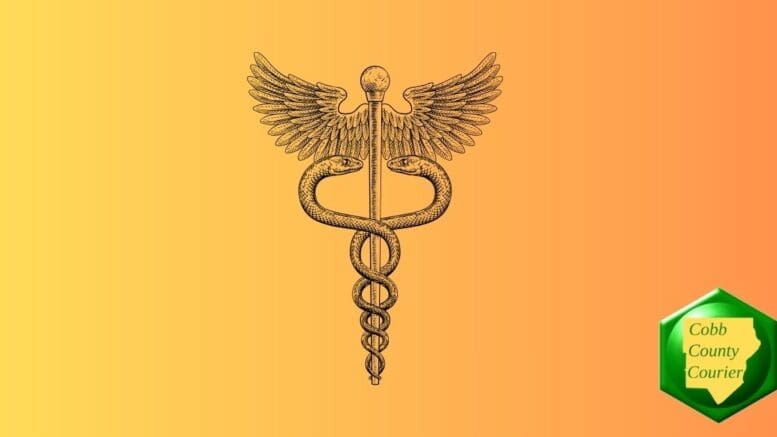By John A. Tures, Professor of Political Science, LaGrange College
Nurses and would-be nurses reacted in shock to revelations that their degree is no longer considered “professional,” limiting how much one can borrow to earn a degree in their field. Already facing a critical shortage in their profession, a reduction in RNs will spike health care costs.
As CBS News’ Megan Cerullo reports, the Trump Administration chose to declassify nurses as a “profession,” thanks to a provision in the One Big Beautiful Bill (rebranded due to its unpopularity). It now limits how much a degree-seeking nurse can borrow to achieve the degree.
“Under the Education Department’s proposal, a professional degree is one that ‘signifies both completion of the academic requirements for beginning practice in a given profession, and a level of professional skill beyond that normally required for a bachelor’s degree,’” Cerullo writes. “The programs that it defines as professional include: pharmacy, dentistry, veterinary medicine, chiropractic, law, medicine, optometry, osteopathic medicine, podiatry and theology. Students in degree programs that aren’t considered professional — such as those in nursing, physical therapy and physician assistant degrees — would have lower loan caps under the proposed rule.”
Department of Education officials insist that not many students would be affected, which completely misses the point of the crisis. Nursing faces a critical shortage now, and it’s only getting worse. Instead of cutting back, the Education Department needs to expand loans to encourage more Americans to become nurses to ward off the health care costs and improve the quality of care.
According to the Health Resources Administration, there is projected to be a national shortfall in the number of Registered Nurses by 10 percent next year, and that’s even before classifying nurses as non-professional or restricting access to higher education for borrowers, so that number is sure to climb. Moreover, thanks to anticipated retirements and burnout, another one million nurses are expected to leave the workforce by 2030.
And that’s going to hurt you, the reader, in your pocketbook. It’s one of the factors that’s leading to health care costs. Any high school student paying attention in economics knows what happens when you reduce the supply, what happens to the demand, and therefore prices. “There’s also a monetary cost associated with nursing shortages. Some estimates put the cost of high nursing turnover between $88 billion and $137 billion just as a result of the COVID-19 pandemic,” writes Rasmussen University.
And there’s another problem that this new change by the Education Department will do to hurt the number of nurses and the costs of health care. By squeezing one’s borrowing ability, it’s going to affect the number of nursing faculty available to train them. “Though enrollment in entry-level baccalaureate programs in nursing increased by 0.3% in 2023, AACN did report drops in both PhD and master’s nursing programs by 3.1% and 0.9%, respectively,” writes the American Association of Colleges of Nursing. “These trends are raising concerns about the capacity of nursing schools to meet the projected demand for nursing services, including the need for more nurse faculty, researchers, and primary care providers.”
I know a lot of you readers feel powerless in this modern political age, where you feel you need a bundle of money just to be heard. Contact your representative and your senator. In fact, you may want to reach out to the party and state legislators, so they can give Congress an earful too. If this doesn’t change, you can bet on yet another spike in health care costs, if you do the basic math.
John A. Tures is a professor of political science at LaGrange College in LaGrange, Georgia. His views are his own. He can be reached at jtures@lagrange.edu or on “X” at @johntures2. His first book “Branded” will be coming out this Fall, published by Huntsville Independent Press (https://www.huntsvilleindependent.com/).
